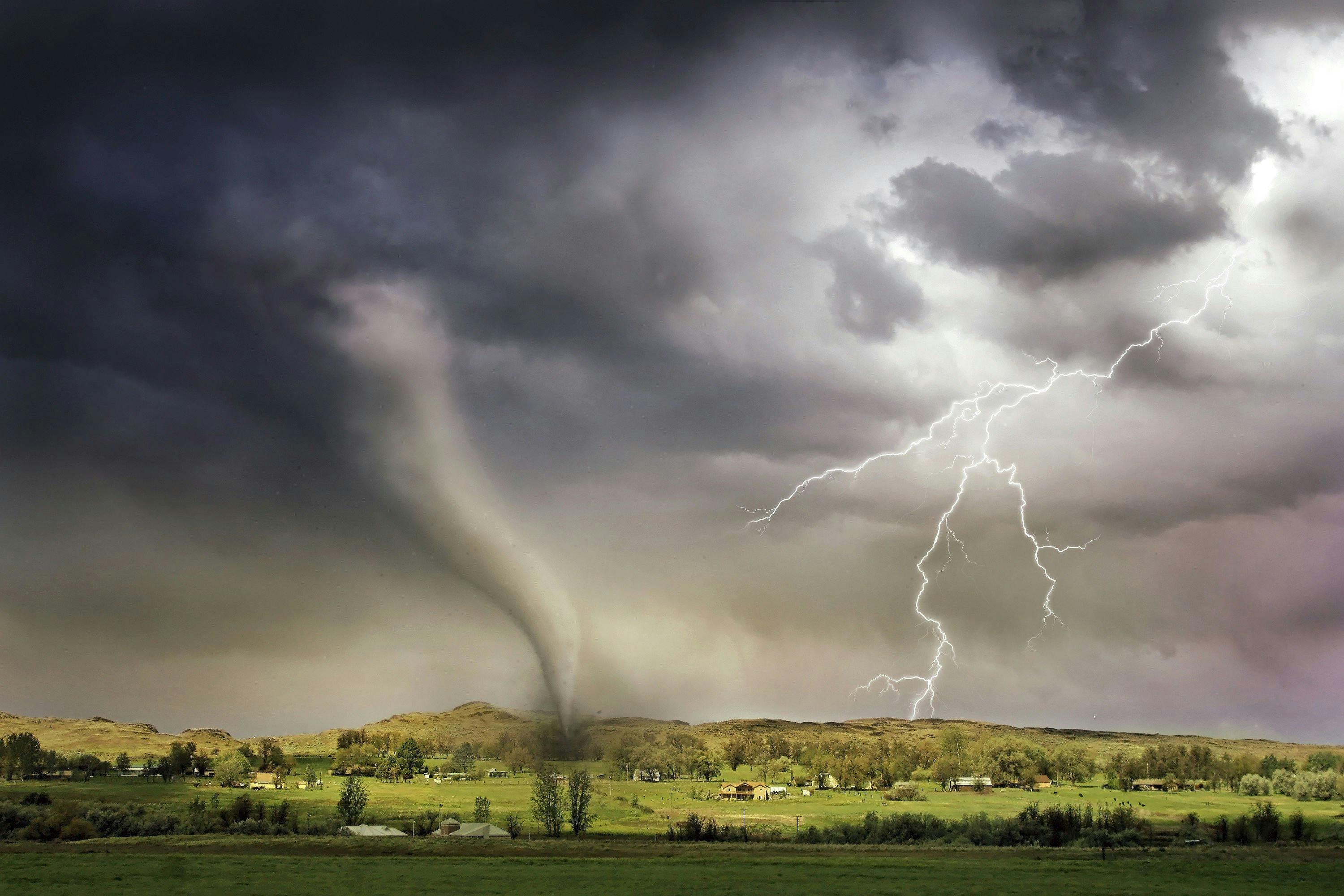
Thinking about taking up birdwatching? It’s often seen as a passive hobby reserved for retirees and nature enthusiasts. But more and more younger people are taking up the hobby too. It can bring more benefits than one, and some of them can be quite unexpected. Curious?
Birdwatching, or birding, involves observing and identifying birds in their natural habitat. It can be as simple as noting the birds that visit your backyard feeder or as involved as traveling to remote locations to catch a glimpse of a rare species. This hobby does not require much to start – a pair of binoculars, a guidebook, or a mobile app for identifying birds is enough for beginners. Birdwatchers often keep a “life list,” which is a record of every species they have seen, adding a sense of accomplishment and excitement to the activity.
Globally, birdwatching has seen a remarkable surge in popularity. According to a report by the U.S. Fish & Wildlife Service, there are nearly 45 million people who engage in birdwatching in the United States alone. Similar trends have been reported elsewhere too, with countries in Europe, Asia, and Australia reporting increases in birdwatching enthusiasts. This rise in popularity can be attributed to a growing appreciation for nature and wildlife, as well as the accessibility of birdwatching as a hobby that can be enjoyed by people of all ages and backgrounds.
So what are some of the unexpected benefits of birdwatching.
1. You’ll Become Invested in Conservation
Becoming a birdwatcher will give you a greater connection with nature. In turn, this will lead to a deeper understanding and commitment to conservation efforts. As birdwatchers learn to identify different species and become aware of their habits and habitats, they often develop a keen sense of the ecological balances that sustain wildlife. This awareness can transform into a personal commitment to preserving natural environments, advocating for policies that protect bird habitats, and participating in citizen science projects that contribute to conservation research. Birdwatching, therefore, not only enriches the individual’s appreciation for the natural world but also cultivates a community of advocates passionate about conservation and sustainability.
2. You’ll Become Handy With Binoculars
One of the essential tools in birdwatching is a pair of binoculars. These are used to get a closer look at birds and their features, making identification easier. As you spend more time birdwatching, you’ll become more skilled at using binoculars and even learn how to maintain and repair them. This can come in handy for other outdoor activities such as hiking, camping, and even spotting wildlife from a distance. You’ll know all about the essential kit that comes with binoculars too, such as a good quality storage case, and a binocular harness.
3. Your Mental Health Will Improve
Being in nature has been shown to have numerous mental health benefits. The calming effect of natural environments can reduce stress, anxiety, and depression. Birdwatching takes this one step further by combining the positive effects of being in nature with the mindfulness required for observing and identifying birds. This can help to clear your mind, reduce negative thoughts, and improve focus. The act of being still and living in the moment has become an invaluable practice for mental and emotional wellbeing. Birdwatching epitomizes this principle, offering a serene escape that encourages individuals to slow down and deeply connect with the present.
4. You’ll Make New Friends
Birdwatching is not a solitary hobby. While you can certainly enjoy it alone, many birdwatchers join local clubs or go on birding tours with other enthusiasts. This opens up the opportunity to meet new people who share similar interests. You’ll have conversations about birds, exchange tips and tricks, and maybe even plan future birdwatching trips together. The sense of community in birdwatching can be a surprising benefit for those who may have started the hobby as a personal pursuit. Knowing that this is a hobby you can do by yourself or with others can be helpful for people who like the safety net of having a likeminded social circle around them.
5. Your Observation Skills Will Improve
Birdwatching is not just about spotting birds; it’s also about observing their behavior and habitats. This hones your observation skills, making you more aware of your surroundings and details that may have gone unnoticed before. As you become more skilled at identifying different bird species, you’ll start to notice patterns in their movements, behaviors, and interactions with other birds. This can also translate into improved observation skills in everyday life. Practicing observation skills through birdwatching can be likened to engaging in brain training exercises. It enhances attentiveness and the ability to focus, sharpening the mind by challenging it to recognize and remember intricate details. Over time, this mental workout improves cognitive functions, making it easier to notice and process the beauty and complexity of the world around.
6. You Can Contribute to Scientific Research
Birdwatching can include citizen science projects that contribute to conservation research. But it can also involve participating in bird counts, surveys, and reporting bird sightings to organizations such as the Audubon Society or eBird. These efforts help to track bird populations, migration patterns, and other valuable data that can inform conservation efforts. By participating in these activities, you’ll not only contribute to scientific research but also gain a deeper understanding of bird species and their importance in the ecosystem.
7. You’ll Connect With Different Cultures
Birds are found all over the world, making birdwatching a global hobby. This provides the opportunity to connect with different cultures and learn about their local bird species. By traveling to new locations for birdwatching, you’ll not only see a wider variety of birds but also experience different environments and communities. This can broaden your understanding and appreciation for diverse cultures and the importance of protecting their natural habitats.
So if you’re looking for a new hobby that offers more than just entertainment, birdwatching might be for you. You may be surprised by the unexpected benefits and find yourself joining the millions of birdwatchers around the world in this rewarding and fulfilling pastime.




